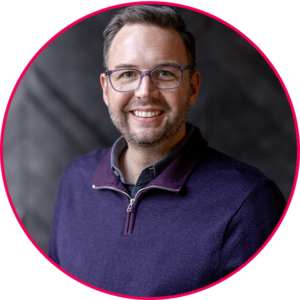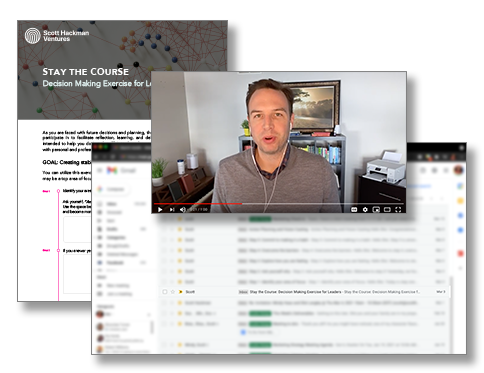“Deliberately developmental organizations believe that human potential and organizational potential are not tradeoffs—they are a single mission. People are looking for more than just paychecks, health benefits, and hours in a workweek: they want personal satisfaction, meaningfulness, and happiness.”
—Excerpt from An Everyone Culture: Becoming a Deliberately Developmental Organization
What does it mean to be a deliberately developmental organization?
To be deliberately developmental as an owner and a leader in an organization is to take responsibility for the learning and developmental growth of the individuals that serve the organization. Additionally, it’s inviting each member of the organization to take responsibility for their own personal development. As a result, team members build capacity because of their ongoing learning and personal improvement.
Aligning Values
To bring the entire team into alignment with values that are clearly observable in action, it takes each individual committing to the process of advancing and growing themselves on a personal and professional level. They are actively pursuing growth into more capacity. How does this happen? One way is through identifying their individual weaknesses, blind spots and strengths so that they are able to leverage their strengths to offset the weaknesses and make improvements.
Better Me + Better You=Better Us
Deliberately developmental organizations are built on the premise of an everyone culture and are typically identified by the ability to:
1. Do what human development science recommends
2. Take concepts to scale so everyone can develop
3. Intentionally and continuously nourish a culture that puts business & individual development front and center
“Because ‘the company’ is, at any given moment, the emergent result of the existing processes of people working together in communities, everyone is expected to contribute to the observation, diagnosis, and revision of the processes at the heart of the work,” as quoted in An Everyone Culture Becoming a Deliberately Developmental Organization.
You see, within an organization, there’s the actual jobs and then there’s the way that each individual goes about doing them. It’s in the how you go about doing the tasks at hand that the most opportunity for building capacity is present. Through taking a deeper dive into the how of each role, leaders are able to form ongoing, normative feedback loops. For example, in a deliberately developmental organization, it becomes a cultural norm for team members to support one another’s personal growth.
For example, this may be put into practice through intentionally having in place, after meeting reviews or post-project debriefs where each individual can reflect on their own performance as well as the performance of others. This then fosters essential conversations and questions like How can I improve?, What am I capable of doing and with that do I need help? Through these dialogues that are based on humility and courage as individuals speak out and self-reflect, teams are able to pair mentors to coach and guide one another based on what strength(s) and weaknesses they possess.
Becoming a deliberately developmental organization—why you can’t afford to wait!
Within this organizational model, the foundation is strategic, open dialogue that happens on a daily basis rather than waiting for end-of-year reviews that often lead to silos forming within an organization because the teams are too afraid to communicate. Now more than ever, volatility and ambiguity is so prevalent that many individuals are uncomfortable in their organizations and are feeling unprepared because they have not yet built the muscle necessary for success.
When organizations take a proactive approach through becoming a deliberately developmental organization, they are committing to build muscles of adaptability, vulnerability, and resilience.
The truth is, as humans, we function more fully with community, mentors, and coaches. These individuals provide value through using their own weaknesses as an opportunity to share and learn from the people they serve. As a result, we begin to identify how to get better as individuals as well as teams.


Scott Hackman is the Founder and CVO of Scott Hackman Ventures. He has over 15 years of experience in business advising, coaching, and leading growth through transitions.
Meet Scott.



